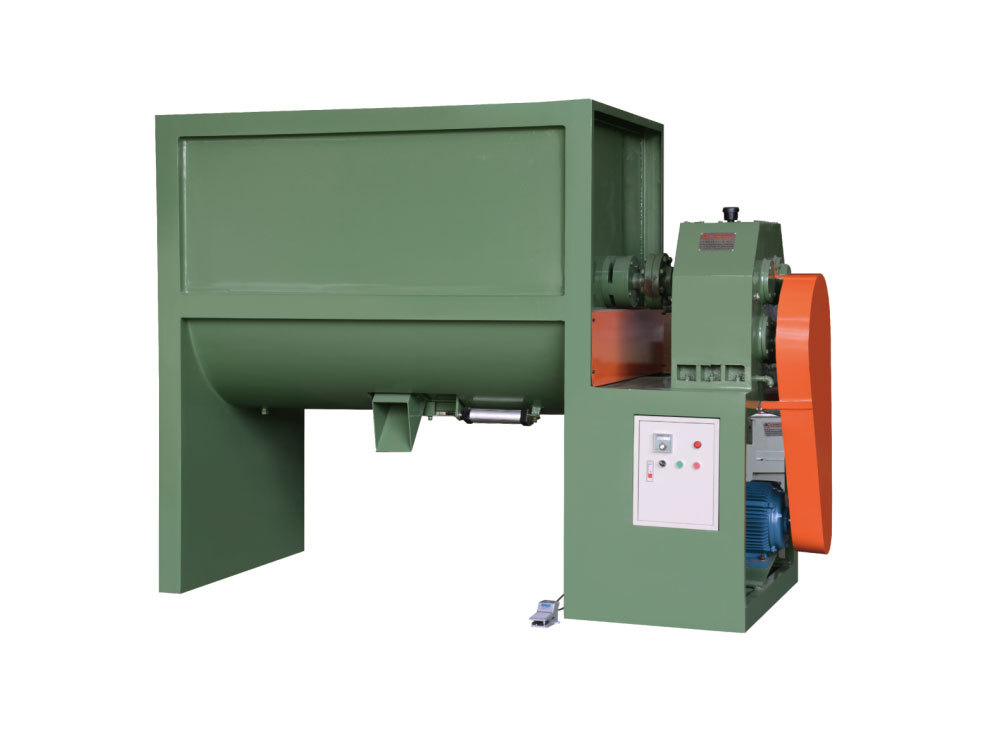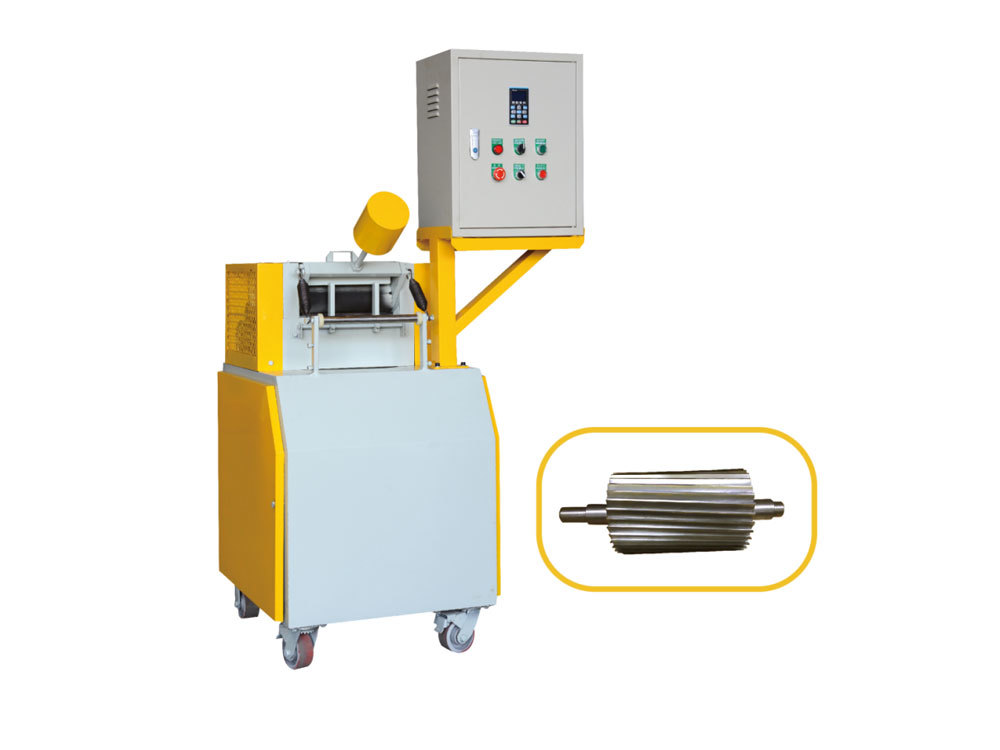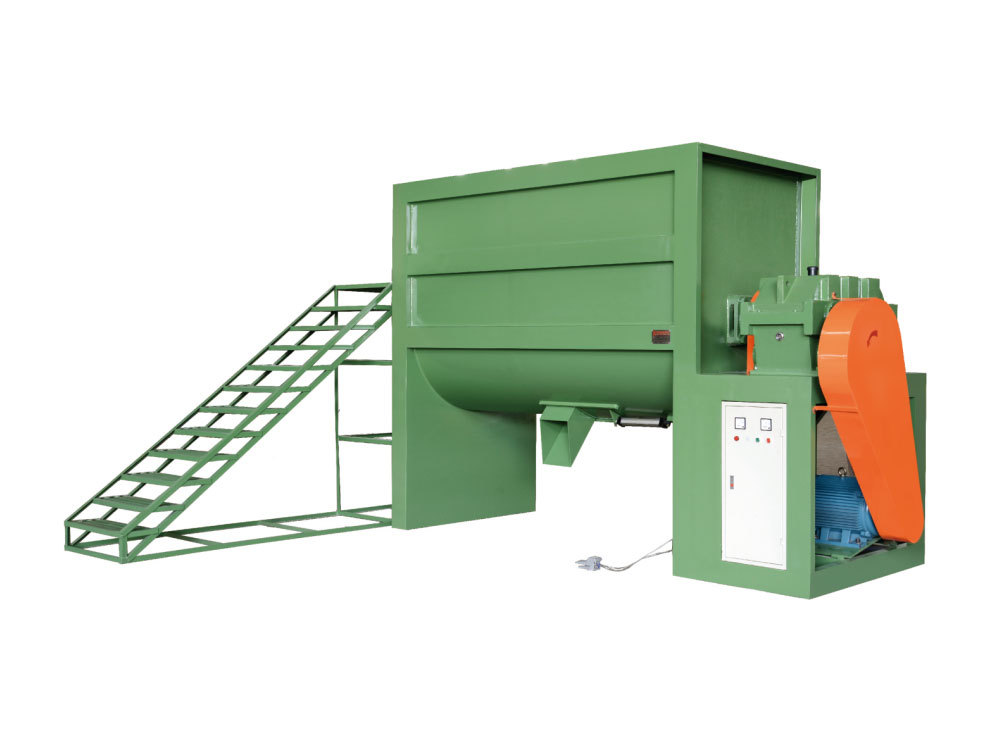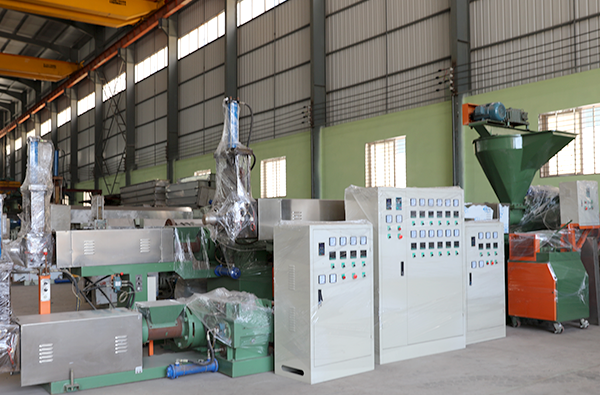Understanding Advanced Plastic Recycling Grinder Machines: A Key to Sustainable Manufacturing
Release Time:
May 02,2025
In today's world, where environmental concerns are at the forefront of industrial processes, the importance of advanced plastic recycling grinder machines cannot be overstated. These machines serve a critical role in turning plastic waste into reusable materials, thereby contributing to the circular economy and reducing the burden on landfills. Advanced plastic recycling grinder machines operate b
In today's world, where environmental concerns are at the forefront of industrial processes, the importance of advanced plastic recycling grinder machines cannot be overstated. These machines serve a critical role in turning plastic waste into reusable materials, thereby contributing to the circular economy and reducing the burden on landfills.
Advanced plastic recycling grinder machines operate by breaking down various types of plastic waste into smaller, manageable pieces. This process, known as size reduction, is essential for preparing plastics for further recycling stages. By grinding plastics into flakes or pellets, these machines facilitate the efficient processing of materials, allowing for easier transportation and subsequent recycling.
One of the primary benefits of utilizing advanced plastic recycling grinder machines is their ability to handle a diverse range of plastic materials, including polyethylene, polypropylene, and polystyrene. This versatility ensures that various types of waste can be processed, maximizing the effectiveness of recycling programs. Furthermore, many of these machines are equipped with advanced technology that allows for precise control over the size and consistency of the output material, which is crucial for ensuring high-quality recycled products.
In addition to their operational efficiency, advanced plastic recycling grinder machines often come with features designed to enhance safety and reduce energy consumption. Many models incorporate noise-reduction technology and low-vibration designs, which not only safeguard the health of operators but also contribute to a more sustainable working environment. Moreover, energy-efficient motors and advanced control systems help minimize power usage, aligning with the broader goals of reducing environmental impact.
The integration of advanced plastic recycling grinder machines into manufacturing processes is not just a trend but a necessary shift towards sustainability. Companies are increasingly recognizing the importance of responsible waste management and the benefits of using recycled materials. By investing in these machines, businesses can not only meet regulatory requirements but also enhance their corporate social responsibility initiatives.
From the perspective of maintenance and support, ensuring the optimal operation of these machines is crucial. Regular servicing and timely repairs can significantly extend the lifespan of the equipment, ensuring continued efficiency and productivity. Additionally, technical support for troubleshooting and repairs can help businesses avoid costly downtime, making it essential to partner with reliable service providers in the industry.
In conclusion, advanced plastic recycling grinder machines are integral to the modern recycling landscape. By transforming waste into valuable resources, they play a vital role in promoting sustainability and efficiency in manufacturing processes. Investing in these machines is not only a step towards responsible environmental practices but also a strategic move for businesses looking to thrive in an increasingly eco-conscious market.
Advanced plastic recycling grinder machines operate by breaking down various types of plastic waste into smaller, manageable pieces. This process, known as size reduction, is essential for preparing plastics for further recycling stages. By grinding plastics into flakes or pellets, these machines facilitate the efficient processing of materials, allowing for easier transportation and subsequent recycling.
One of the primary benefits of utilizing advanced plastic recycling grinder machines is their ability to handle a diverse range of plastic materials, including polyethylene, polypropylene, and polystyrene. This versatility ensures that various types of waste can be processed, maximizing the effectiveness of recycling programs. Furthermore, many of these machines are equipped with advanced technology that allows for precise control over the size and consistency of the output material, which is crucial for ensuring high-quality recycled products.
In addition to their operational efficiency, advanced plastic recycling grinder machines often come with features designed to enhance safety and reduce energy consumption. Many models incorporate noise-reduction technology and low-vibration designs, which not only safeguard the health of operators but also contribute to a more sustainable working environment. Moreover, energy-efficient motors and advanced control systems help minimize power usage, aligning with the broader goals of reducing environmental impact.
The integration of advanced plastic recycling grinder machines into manufacturing processes is not just a trend but a necessary shift towards sustainability. Companies are increasingly recognizing the importance of responsible waste management and the benefits of using recycled materials. By investing in these machines, businesses can not only meet regulatory requirements but also enhance their corporate social responsibility initiatives.
From the perspective of maintenance and support, ensuring the optimal operation of these machines is crucial. Regular servicing and timely repairs can significantly extend the lifespan of the equipment, ensuring continued efficiency and productivity. Additionally, technical support for troubleshooting and repairs can help businesses avoid costly downtime, making it essential to partner with reliable service providers in the industry.
In conclusion, advanced plastic recycling grinder machines are integral to the modern recycling landscape. By transforming waste into valuable resources, they play a vital role in promoting sustainability and efficiency in manufacturing processes. Investing in these machines is not only a step towards responsible environmental practices but also a strategic move for businesses looking to thrive in an increasingly eco-conscious market.
Related Blog







